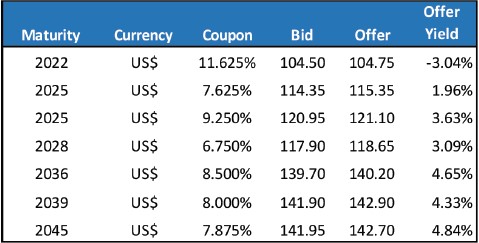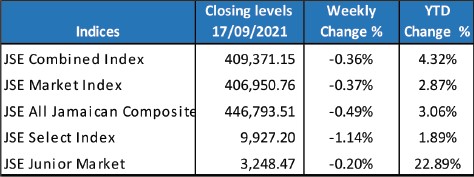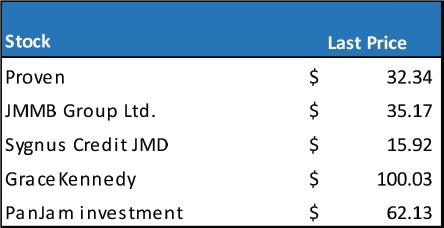Should you invest in stocks if you want to buy a house?
Whether you are planning for retirement, saving for a college fund, or saving toward a down payment on a house, every investor needs an investment strategy that fits their budget and needs. With real estate prices climbing, saving up a 20% down payment on a house is often no easy feat. For big, long-term goals like this, investing might seem like a great way to make money grow quickly. However, unlike for other long-term goals like retirement, investing your house down payment in longer term assets is not always the right move. Whether or not investing your down payment savings is right for you mainly depends on when you want to buy. Here are some tips to help you determine if you should invest your down payment savings, and how to do it.
Unlike other long term goals such as retirement savings, your home down payment savings will not have decades to recover from any short-term market losses and any market downturn poses a bigger threat. With that said, your buying time frame generally determines where you should put your down payment funds.
If your goal is to buy a home within two years, saving your money in something that is liquid and low risk is ideal. For instance, you could put your down payment savings into a high-yield savings account, perhaps at a different institution than your main account, to deter you from tapping into these funds for living expenses or emergencies. A high-yield savings account is a good place to store money for short-term needs and many banks offer high-yield savings accounts with varying interest rates for different balances.
You could also consider a money market account – a cash account similar to high yield savings which keeps money easily accessible and earns interest, to save for the down payment. These low risk investments will not provide the highest returns available but it is more prudent to be cautious with down payment savings. Avoid holding your money in an instrument that may not be available when you want to buy your house or where your money may have declined in value. You do not want to risk missing out on a prospective deal because you invested too aggressively, or your money cannot be converted into cash when you are ready.










